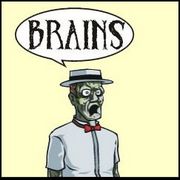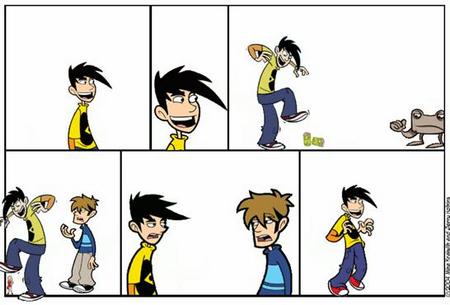
Civ
 60: Tolerance and Discrimination
60: Tolerance and Discrimination
The aim is that students become familiar with the notions of discrimination and tolerance. The task is to explain the notions of tolerance and discrimination, to recognize the nature and origin of discrimination and understand the consequences of intolerance towards varieties. What does influence people’s behavior? Is it all determined in the past, present or future, some external factors or, does it all accidentally happen? Determine the relation: determinism or indeterminism, causal or teleological. Could discrimination be maintained by those who do not have any prejudices? Is every tolerance a good thing? Could violence be tolerated too? How would they act in the similar situation and why?
 Literature:
Literature:
- The Guidebook for Teachers “Civic Education” for the 1st grade of secondary school, Ministry of Education and Sport, Republic of Serbia;Alfred Adler “The Practise and Theory of Individual Psychology”;
- Duncan S. J. and Fiske D.W. “Face to Face Interaction”;
- N. Rot “Signs and Meanings”;
- B. Schultz “Conflict Resolution in Negotiation Journal”.

























